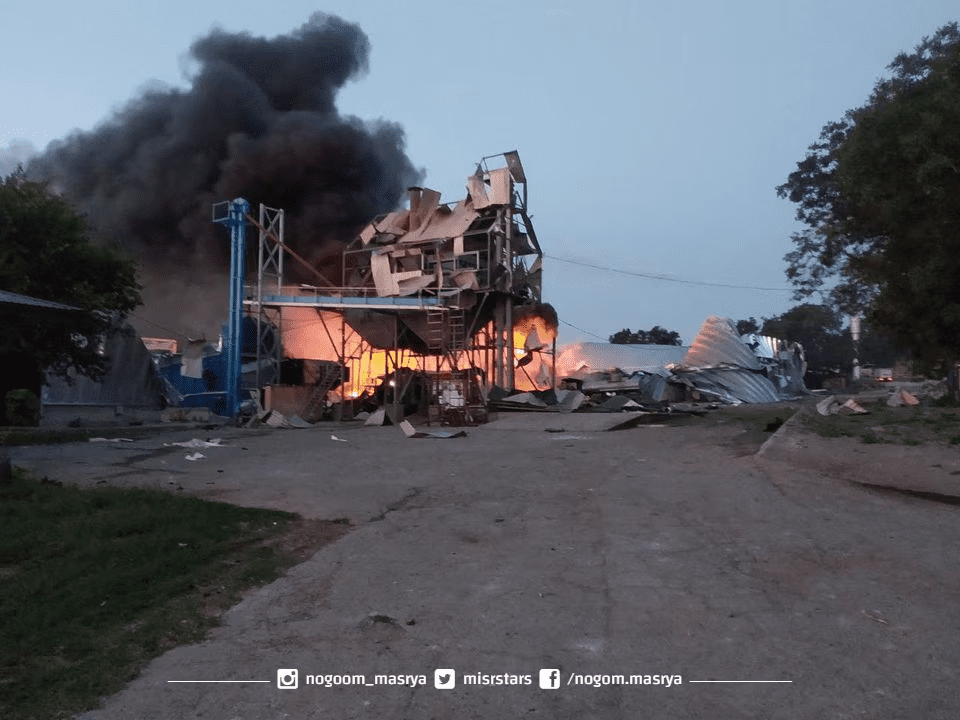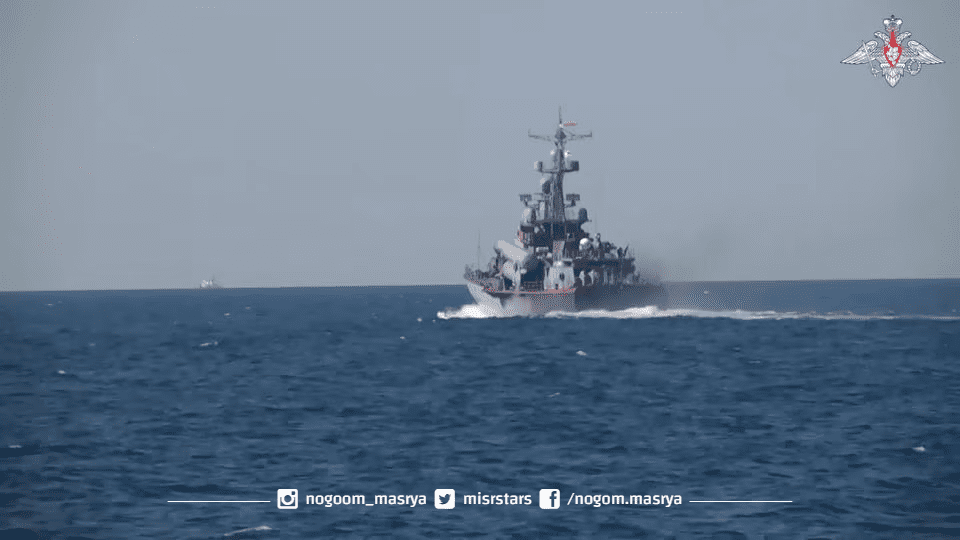Russia has intensified its assault on Ukrainian food export facilities for the fourth consecutive day, while also conducting ship seizures in the Black Sea. Western leaders view these actions as an attempt by Russia to evade sanctions by threatening a global food crisis.

The attacks have targeted Ukraine’s grain infrastructure, a critical component of the global food chain, following Kyiv’s defiance of Russia’s naval blockade on its export ports. The recent escalation comes after Moscow’s withdrawal from a UN-brokered safe sea corridor agreement.
The United Nations has issued a warning about the dire consequences of these attacks on the world’s vulnerable populations. UN aid chief Martin Griffiths expressed deep concern, stating that millions of people in impoverished countries could face hunger, starvation, and death due to the resulting increase in food prices.
In Ukraine, local governor Oleh Kiper reported that grain terminals in the Odesa region were hit by air strikes, resulting in the destruction of 100 tons of peas and 20 tons of barley. The emergencies ministry’s photographs showed crumpled metal buildings engulfed in flames, which appeared to be storage facilities. Two people were injured in the attacks, and seven others were killed in Russian air strikes elsewhere in Ukraine.

Moscow claims these attacks are in retaliation for a Ukrainian strike on a Russian-built bridge to Crimea, the Ukrainian Black Sea peninsula that was seized by Moscow in 2014. Russia accuses Ukraine of using the sea corridor to launch “terrorist attacks.”
The attacks on grain export infrastructure and concerns over shipping have led to a surge in benchmark Chicago wheat futures prices, marking the largest weekly gain since the February 2022 invasion.
The UN has acknowledged that the abandoned safe sea corridor agreement had significantly benefited the world’s poorest populations by reducing global food prices by more than 23% since March of the previous year.

Russia argues that not enough Ukrainian grain has reached poor countries, and it is now engaging in direct negotiations with the most vulnerable populations. Moscow states that it will only re-enter the deal if better terms for its own food and fertilizer sales are agreed upon.
Western leaders, however, accuse Russia of attempting to loosen sanctions imposed over its invasion of Ukraine. The sanctions already exempt exports of Russian food, allowing Russian grain to flow freely through the Black Sea to international markets throughout the conflict.
Tensions Near Poland Border
In addition to the escalating situation with Ukraine, tensions have also risen near the Poland-Belarus border. A Polish broadcaster reported that an unidentified military reconnaissance drone crashed near a base in southwestern Poland.
Poland, a member of the NATO military alliance, has been strengthening its border with Belarus, where Russia’s Wagner mercenary force is present after a failed mutiny last month. Belarus claims that Wagner fighters are training its troops near the Polish border, and residents in Poland’s vicinity have reported hearing gunshots and helicopters.
Russian President Vladimir Putin accused Poland of having territorial ambitions in the region and warned that Moscow would respond with all means available to any aggression against Belarus.
In Russia, prominent nationalist Igor Girkin, a former commander of Russia’s proxy forces in Ukraine, was detained after publicly accusing Putin and army chiefs of not adequately prosecuting the war in Ukraine.
These developments have intensified regional instability and increased tensions in the area. Within Ukraine, over 80 Russian attacks on settlements in the southern Zaporizhzhia region have led to four casualties in the past 24 hours.
As the conflict continues, President Volodymyr Zelenskiy emphasized Ukraine’s resilience and determination to defend its territories and ports, denouncing Russia’s actions in targeting Odesa port and grain facilities.
The situation remains highly volatile, and the international community closely watches developments in the region amid growing concerns over the potential for further escalation and humanitarian consequences.

